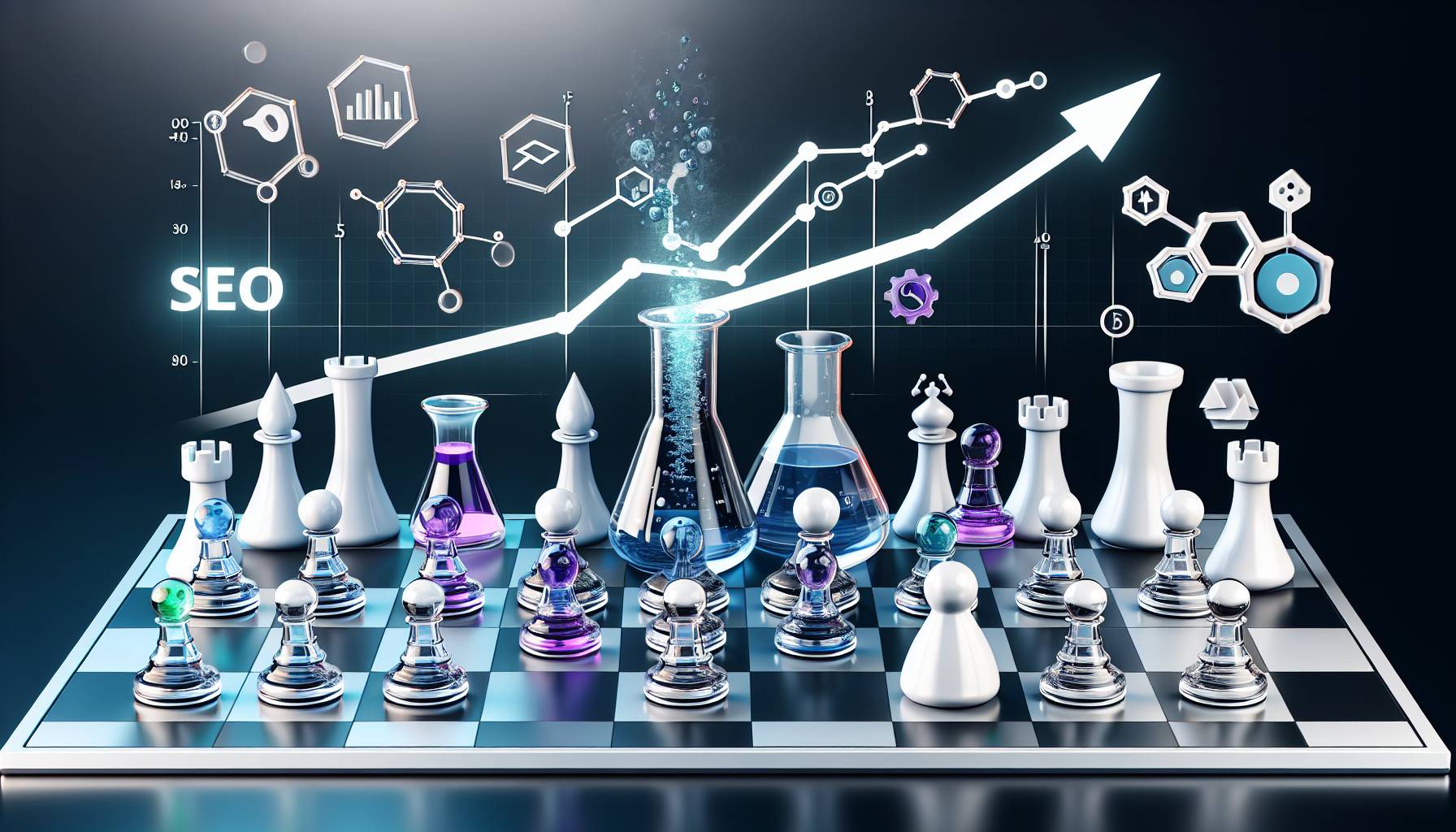In the realm of Search Engine Optimization (SEO), buzz is growing around the concept of ‘information gain.’ This new idea is seen as the potential catalyst for the next evolution within the industry. The experts are immersed in deciphering its impact on the relevancy of search results, and we wait with bated breath to see the impending transformation.
Information gain, interestingly, can be interpreted through three different lenses. The first lens being machine learning, specifically, its role in decision-tree construction. The second lens is Google patents; Google has patented a new system this year aimed at evaluating content similarity. The final lens is behavioral with Peter Pirolli’s information foraging theory that likens human information-seeking behavior to an animal’s hunting strategy. These diverse applications underscore the significance of information gain across various fields.
Google’s recent ‘messy middle’ report brings into focus how information overload is impeding decision-making. Too much information is just as, if not more, detrimental as information scarcity. Keywords and backlinks serve as ‘scent trails’ that guide users in their search.
Decoding information gain: Implications for SEO strategies
However, the colossal amount of information available today makes the task of finding exactly what we need overwhelming and inefficient. Based on the information foraging theory, Google’s proposed solution is a more streamlined, user-friendly search engine.
Google proposed an AI-driven solution to the information overload problem. This solution aims to provide a user with direct and straightforward results to their web searches, thereby eliminating the need for them to sift through multiple websites. This approach facilitates informed decision-making by ensuring that users readily access relevant information.
Furthermore, the shift towards this AI-driven approach signals a new era in SEO strategies. Businesses must now adapt their SEO strategies to an AI-centered model, where they optimize their websites based on AI and not just simple algorithms. Google’s new focus on AI requires businesses to have a deeper understanding and application of AI to maintain or enhance their search engine rankings.
Looking ahead, based on Google’s aim of understanding and delivering content in the most effective manner, an AI-centered approach will need to take center stage in future content creation. With the advancement of AI capabilities, this approach will necessitate a shift in content creation and innovation, focusing on the evolving algorithms and user preferences. Google’s goal is to not only change the dynamics of content creation and delivery but to fundamentally reinvent the user experience.







